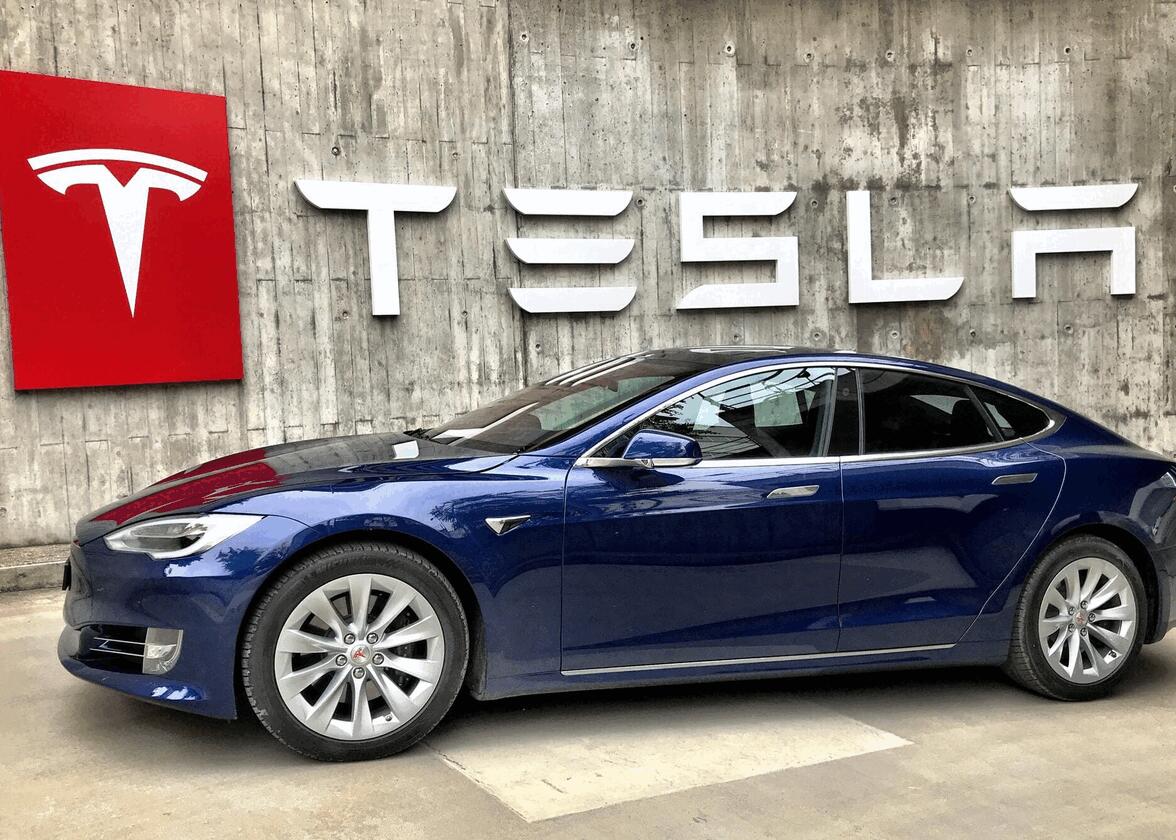Volkswagen has reportedly introduced a new monthly subscription service that allows owners to unlock additional horsepower for their vehicles. This move places the automaker at the forefront of a growing industry trend toward on-demand features and software-based upgrades. Rather than offering a one-time purchase for a permanent performance boost, Volkswagen is reportedly testing a model that provides flexibility but also creates a new, recurring revenue stream. The core of this strategy is to monetize features that are already physically present in the vehicle but are locked behind a software paywall.
This strategy represents a significant change occurring within the automotive sector, with vehicles progressively being developed as software hubs. A considerable number of car manufacturers now equip their automobiles with all functionalities already incorporated during production, subsequently providing a layered access framework. Customers can purchase the ability to activate specific features, such as seat heating, enhanced GPS, or, in this context, boosted engine performance. This approach enables manufacturers to simplify their manufacturing processes by constructing a standardized product, while also establishing an ongoing source of income following the initial purchase.
The described service allowing a subscription for enhanced car power is an especially noteworthy use of this approach. For a monthly charge, Volkswagen drivers seem to have the ability to access a software update that improves their vehicle’s performance, providing a significant increase in both horsepower and torque. This option might be attractive to individuals wishing to temporarily elevate their car’s performance for a particular event or just to experiment with the feature without committing long-term. It provides buyers with more options and authority over their car’s performance and features, available in a flexible, on-demand manner.
However, this model has also generated significant debate and criticism. Many consumers feel that they are being “nickel-and-dimed” for features that are already built into the car and that they have, in a sense, already paid for. The idea of subscribing to a car’s core functionality is a major change from the traditional ownership model and can foster a sense of resentment. Customers may feel that they are not truly buying the full potential of their vehicle at the time of purchase, and that the company is withholding features for the sole purpose of generating additional income. The comparison to other subscription services like Netflix, as some critics have made, highlights the public’s perception of this as a commodification of a product’s inherent capabilities.
The adoption of this subscription approach by the car industry prompts inquiries about the impact on future car possession and the secondhand vehicle market. When a car is sold, if features are linked to a subscription, what are the implications for the new buyer? Will they need to initiate a fresh subscription to use the existing features, or will these features accompany the car? This ambiguity might make the resale procedure more intricate and could influence a vehicle’s enduring worth. Furthermore, it adds a layer of difficulty for buyers who are used to a straightforward and conclusive deal upon buying.
Este modelo de negocio no es del todo novedoso. Algunas marcas de lujo han estado experimentando con mejoras de rendimiento basadas en software durante algunos años. Por ejemplo, algunos fabricantes de vehículos eléctricos han ofrecido compras únicas para desbloquear permanentemente una mayor potencia en sus automóviles. No obstante, el movimiento informado de Volkswagen hacia un modelo de suscripción mensual recurrente para este tipo de característica representa un paso importante, indicando un esfuerzo más amplio para normalizar esta práctica en el mercado masivo. Esto sugiere que los fabricantes de automóviles están decididos a encontrar nuevas formas de generar ingresos con sus productos a lo largo del ciclo de vida del vehículo.
The ultimate success of this approach hinges on the consumer’s perception of the proposed value. Should the monthly charges be considered reasonable and the on-demand feature genuinely adaptable and beneficial, then the model could attract welcoming customers. On the other hand, if viewed as merely an exploitative move to increase revenue from clients, it might provoke a substantial negative reaction from the public, reminiscent of when another prominent automaker faced criticism for trying to monetize heated seating. The destiny of the automotive sector may indeed rely on software and data, but those enterprises thriving will be the ones capable of making this transition without distancing their primary clientele.
Volkswagen’s entry into this field marks a daring step that the whole industry will be observing keenly. It underscores the balance between innovation and customer expectations within a rapidly changing market. The result of this trial may significantly impact whether other leading car manufacturers choose to imitate it. The industry is approaching a significant shift, transitioning from a sales-focused model to one based on services, and Volkswagen is said to be among the initial key players to take this significant move for a fundamental vehicle feature. The response from the public will reveal if this represents the future direction of the car industry or an error that will soon be corrected.


